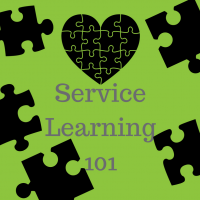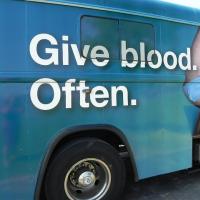Young people investigate the problems caused by plastic shopping bags, then propose solutions to address the problems. This lesson prompts teams to design a reusable shopping tote out of an old T-shirt using engineering, problem-solving, creativity, and communication. They take action for the common good by using and sharing their project and by educating the community about problems and solutions to the plastic bag crisis.
- Read more about Tote Challenge
- Log in or register to post comments

